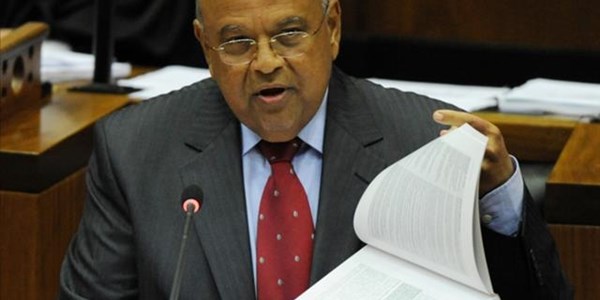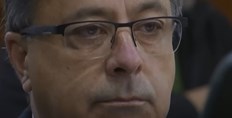National
Gordhan confirms Eskom will lead nuclear build programme─── 16:19 Wed, 26 Oct 2016

Cape Town - Finance Minister Pravin Gordhan confirmed on Wednesday in his medium-term budget policy statement that Eskom would drive the country’s contested nuclear power procurement programme.
“Within the framework of the Integrated Resource Plan, it has been confirmed that Eskom will take the lead in the nuclear power initiative,” Gordhan told Parliament.
He added that National Treasury would oversee the procurement process to ensure that it was transparent and served South Africa’s interests.
“The Treasury will work with [Public Enterprises] Minister Lynne Browne’s department to ensure that the scale and phasing of the programme are in South Africa’s best interest and that the procurement arrangements are transparent and compliant with the law.”
The project was long envisioned as the responsibility of the department of energy but at the end of September, it failed to issue a request for proposals as planned and Cabinet said it could be shifted to the electricity utility.
Eskom CEO, Brian Molefe, is a firm proponent of nuclear power and has in recent weeks warned that South Africa would face another crippling electricity shortage in a decade unless it moved ahead swiftly with the programme.
He has rejected renewable energy as a suitable alternative, saying it could not meet baseload requirements.
But National Treasury appeared to contradict this in the MTBPS.
“Integrated resource planning should take into account the falling cost of renewables and their possible use in generating baseload electricity,” the document Gordhan tabled states.
National Treasury noted that case studies conducted in Australia, Denmark, Portugal and Britain have found that it was feasible to meet energy demand, including baseload requirements, through renewable sources. Local studies came to the same conclusion, it added.
“Although wind and solar technologies generally provide power intermittently, this can be overcome by connecting geographically dispersed plants to the grid. Flexible technologies such as gas turbines can be used to fill in the gaps.”
ANA













